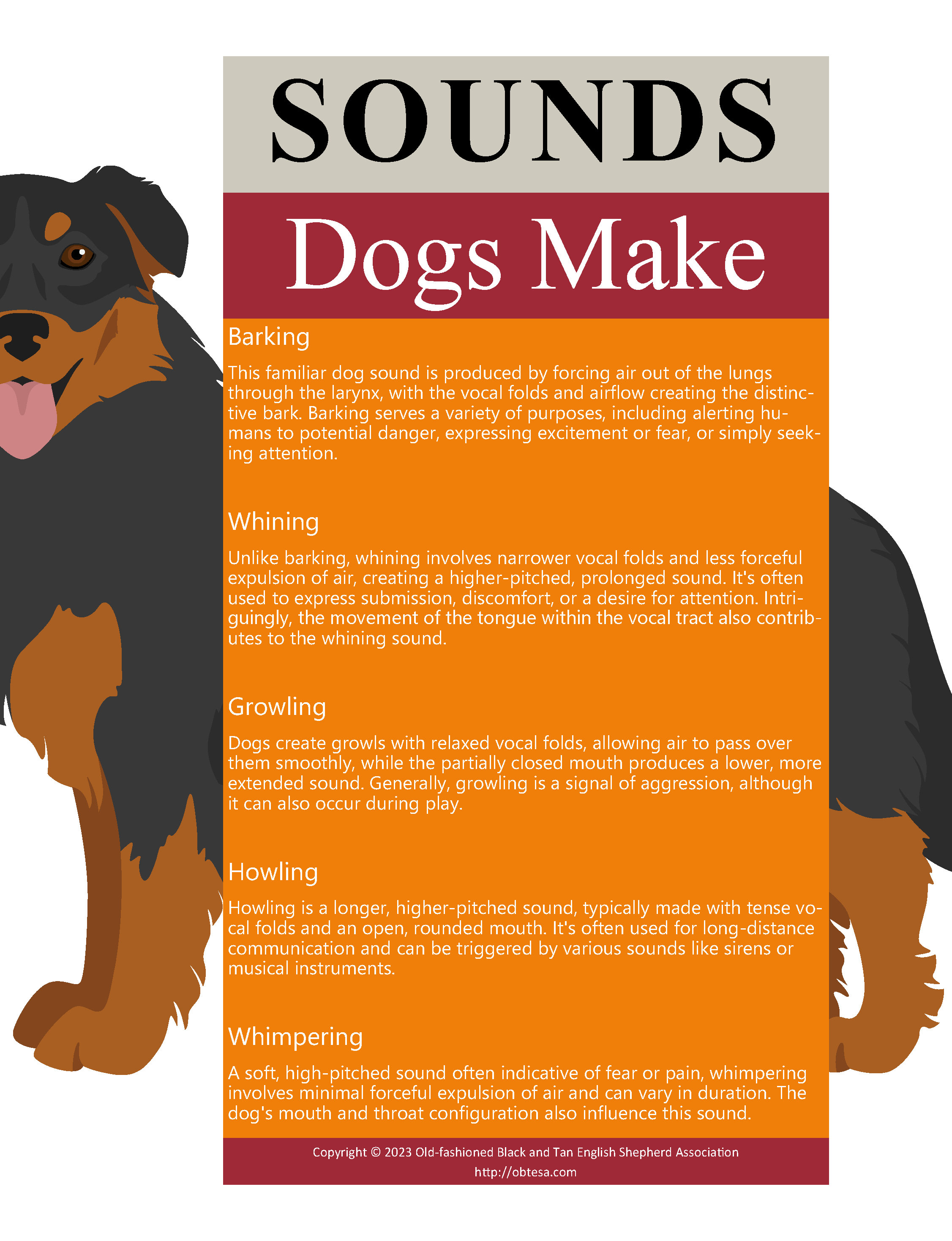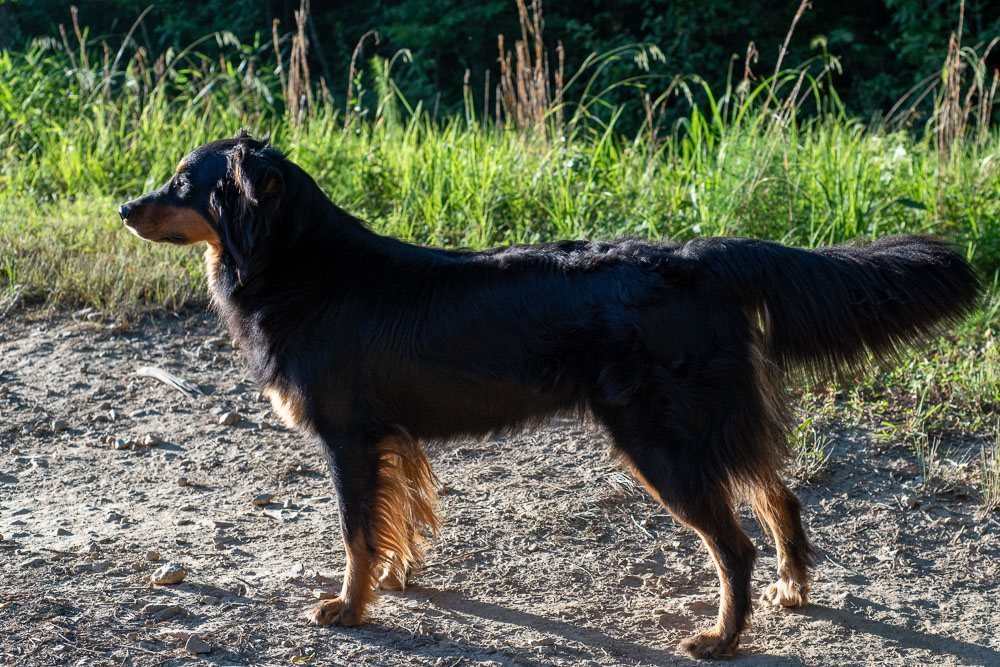This form can be used by trainers, behaviorists, or researchers to assess a dog’s social competence in relation to human interactions.
Understanding Vocal Communication in Dogs
The loyal dog, our first friend, has been an integral part of human society for thousands of years. Over this extensive period of domestication, dogs have developed a sophisticated and diverse repertoire of vocalizations, of which barking is the most prevalent and distinctive. Recent research has begun to unravel the complexities of dog vocal … Read more

